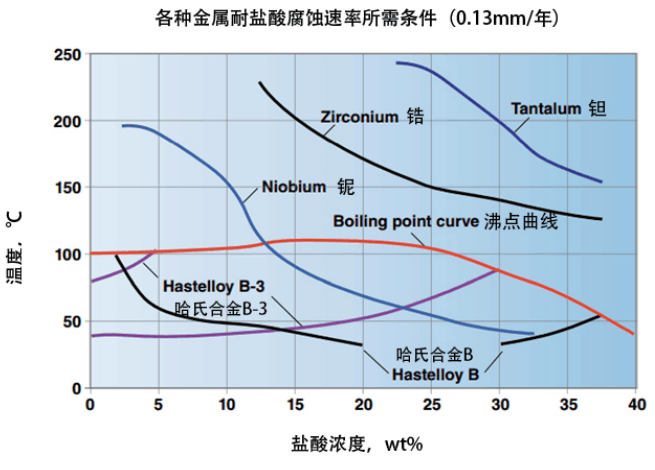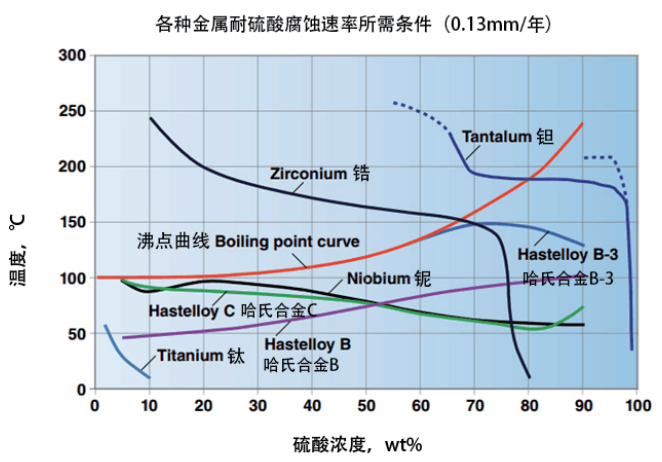Many different types and sizes of valves are used as key components in managing fluid flow in process equipment. Corrosion caused by aggressive chemical environments can lead to problems such as reduced reliability, increased safety risks, leaks, and process fluid contamination. In many cases, corrosion of metal valves is caused by the removal of the oxide layer on the passivated surface after exposure to acidic and/or chlorinated compounds, and often manifests as pitting. Different metal alloys will re-form the passivation surface oxide layer at different rates, thus affecting the overall corrosion resistance of the valve. Due to the cost and lead time required to obtain these specialized parts, the use of special alloys in valve manufacturing to reduce corrosion is limited. It has been proven that tantalum can rapidly form a surface oxide layer even in the most corrosive hot acid environments. By applying tantalum surface layers using our unique tantalum ion thermal steaming technology, the practicality of its use is now a more affordable option for valves.
Advantages of tantalum-nickel surface alloys
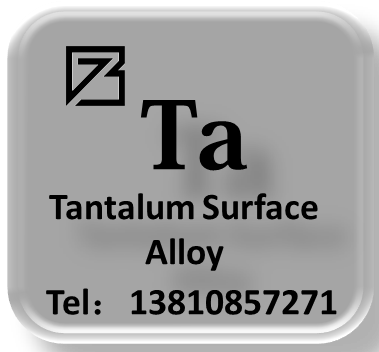
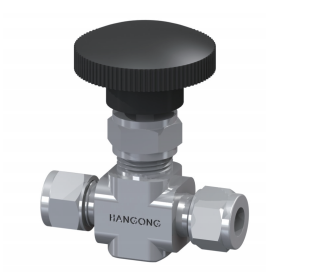
Tantalum-nickel surface alloy
Needle valve
The proprietary fumed tantalum steam surface alloying process used by INES creates an extremely strong, uniform, inert and corrosion-resistant pure tantalum surface layer on off-the-shelf stainless steel valves and related equipment. Tantalum atoms actually grow into the nickel-based material to form an excessive layer, resulting in a non-separable nanoscale pure tantalum surface layer.
Our tantalum alloy surface coatings are highly corrosion resistant, providing you with the latest protection solutions to help you overcome industrial corrosion problems.
The surface of tantalum alloy is uniform, stable and corrosion resistant, and the combination with the base material is firm. With the corrosion resistance of tantalum and the hardness of standard materials, our products can withstand highly corrosive, high-temperature and high-pressure working environments, making them an excellent choice for process equipment requiring extreme corrosion resistance.

Field of use
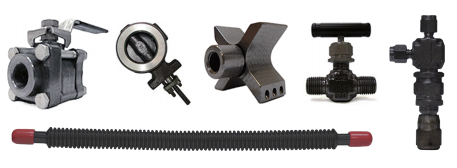
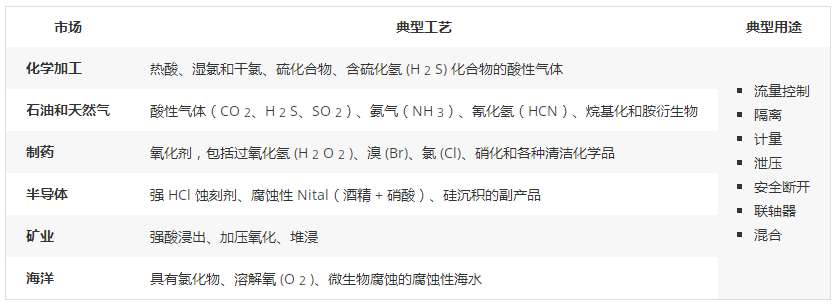

Key technology
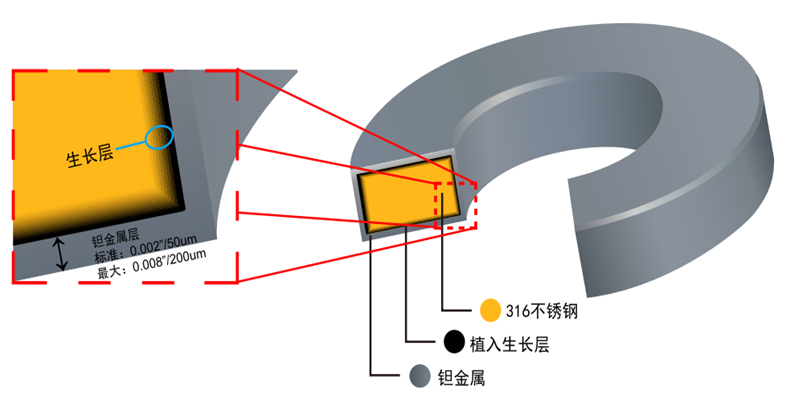
The exclusive vapor phase tantalum surface alloy technology used by INES vaporizes and diffuses in the heater, and then enters the reaction system with the carrier gas. Tantalum uniformly diffuses on the surface of the substrate, and chemical reactions occur on the surface of the substrate. The reduction product tantalum is deposited on the surface of the substrate, and the oxidation product is resolved from the surface and swept away by the carrier gas, so the vapor deposition can be completed independently on the internal and external surface of the product. To achieve a coating with good coating properties and dense tissue.
Our patented coating technology has a wide range of operability, large to the inner wall of the reactor, small to screws and nuts; As much as mass production, as little as customized, can be perfectly solved. Our technology is highly controllable and can achieve free control of coating thickness between 0 and 200 microns. Our coatings have high purity, uniform texture, inert corrosion resistance and strong adhesion. The tantalum layer is made up of tantalum atoms grown on the surface of the substrate, creating a layer of atomic-scale "super surface alloys".
